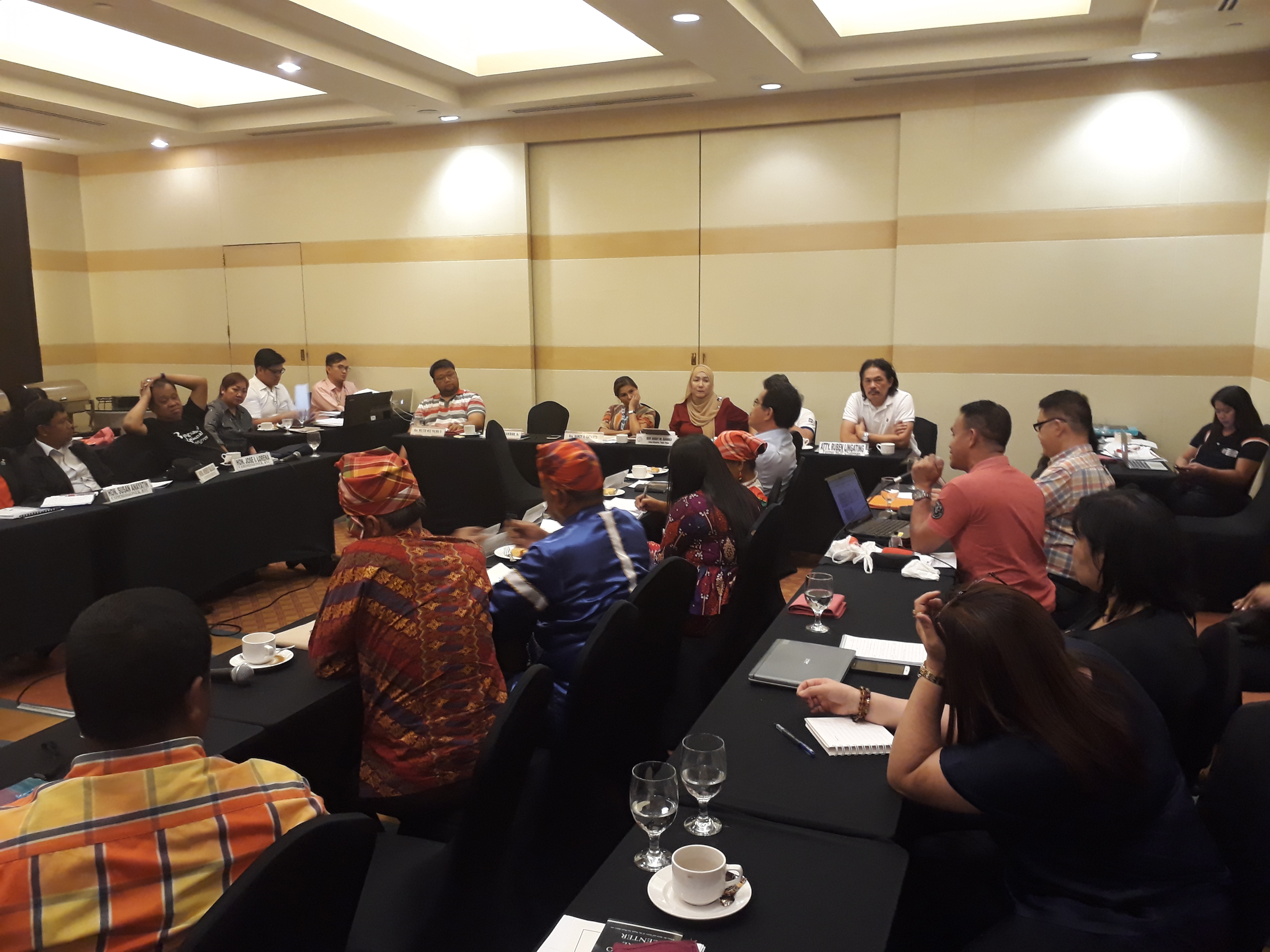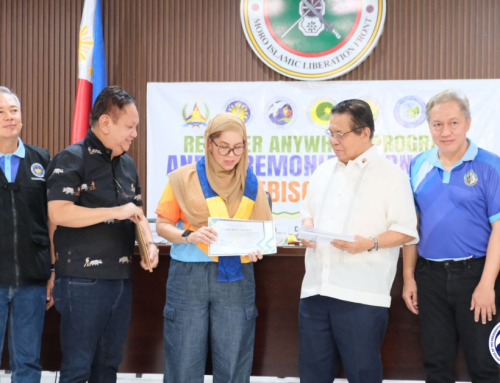DAVAO CITY – It was their third time to face each other. This time, the mood was more jovial and relaxed. They exchanged wide smiles and firm handshakes.
During their first encounter at a local seaside resort here, they were asked to sit in a circle. The purpose then was to create unity amidst diversity. It was the first – and most important step – they had to make.
The second meeting built on the foundations of the first. Akin to constructing a house, everything had to be done, brick by brick, nail by nail, layer by layer.
Essentially, the intention was to lay down the foundations and break down barriers. And most importantly, to establish a greater sense of trust and camaraderie amongst themselves.
This is what such dialogues are supposed to achieve.
And they did not only succeed; they exceeded expectations.
The latest meeting between the members of the Bangsamoro Transition Commission (BTC) and the Mindanao Indigenous Peoples Legislative Assembly (MIPLA) panel of representatives was everything the event’s organizers, the Institute for Autonomy and Governance (IAG), had hoped for.
For a day, the two groups sat side by side as they exchanged views on a proposed piece of legislation that would impact not only on the lives of the Bangsamoro people, but on each and every Mindanawon who cares about the future of the island-region: the Bangsamoro Basic Law (BBL).
The gathering was part of a series of “peace conversations” organized by the Indigenous People’s Peace Panel and supported by the Office of the Presidential Adviser on the Peace Process (OPAPP) and House of Representatives’ Committee on Indigenous Cultural Communities and Indigenous Peoples chaired by Representative Nancy Catamco.
As expected, the discussions were animated, as the primary purpose of the meeting-cum-workshop was to identify the contentious provisions of the BBL, specifically those that would impact on the rights and welfare of Mindanao’s indigenous people.
The issues centered on identify, sovereignty, contiguity, resources, governance and a host of other concerns which the Lumads of Mindanao wanted to be clarified on.
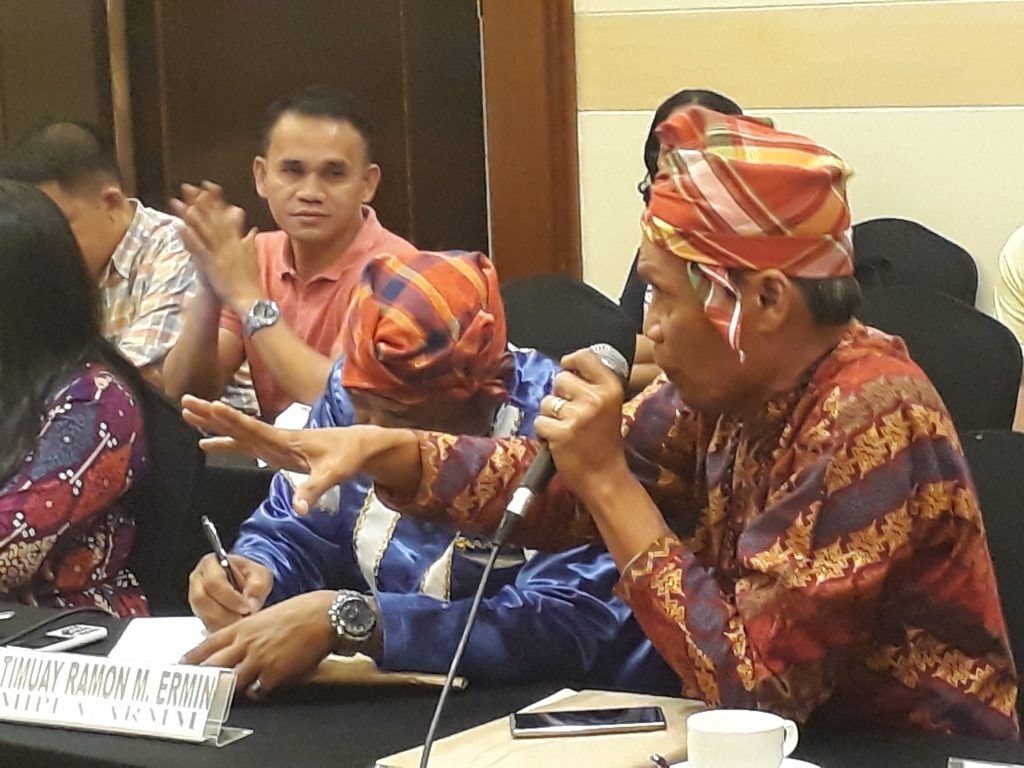
The IP leaders coming from the Bangsamoro core areas and surrounding environs argued that it is their right, after all, to know how the BBL would make their lives better and provide their children a better future.
During the meeting, IP Panel Chair Reuben Lingating underscored that the law “should be non-regressive in the recognition of their rights, in the protection of their interests, and in the promotion of their welfare.”
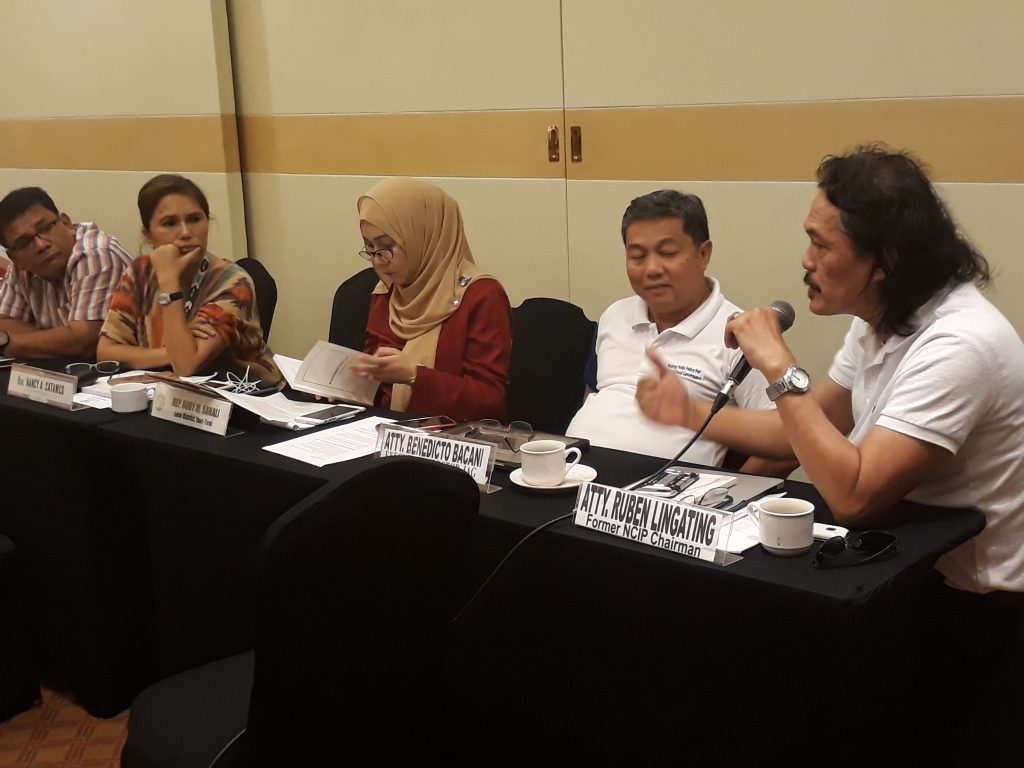
Lingating, himself a Subanen from Lapuyan, Zamboanga del Sur, said that it is this mindset which has guided his office in implementing the necessary measures that aim to preserve and strengthen the well-being of Mindanao’s IPs.
For his part, Atty. Benedicto Bacani, IAG executive director, noted that although the BTC and MIPLA may have “conflicting frameworks,” their people have a “shared history” that spans centuries.
“You will have to deal with each other … [there is a need] to live in harmony and mutual respect,” Bacani said, as he challenged members of the BTC and MIPLA to set aside their personal differences and reach a common ground.
For their part, members of the BTC patiently responded to the queries of their MIPLA counterparts, assuaging their fears and apprehensions and assuring them that the law would not only benefit a select few but all Mindanawons regardless of belief, culture or religion.
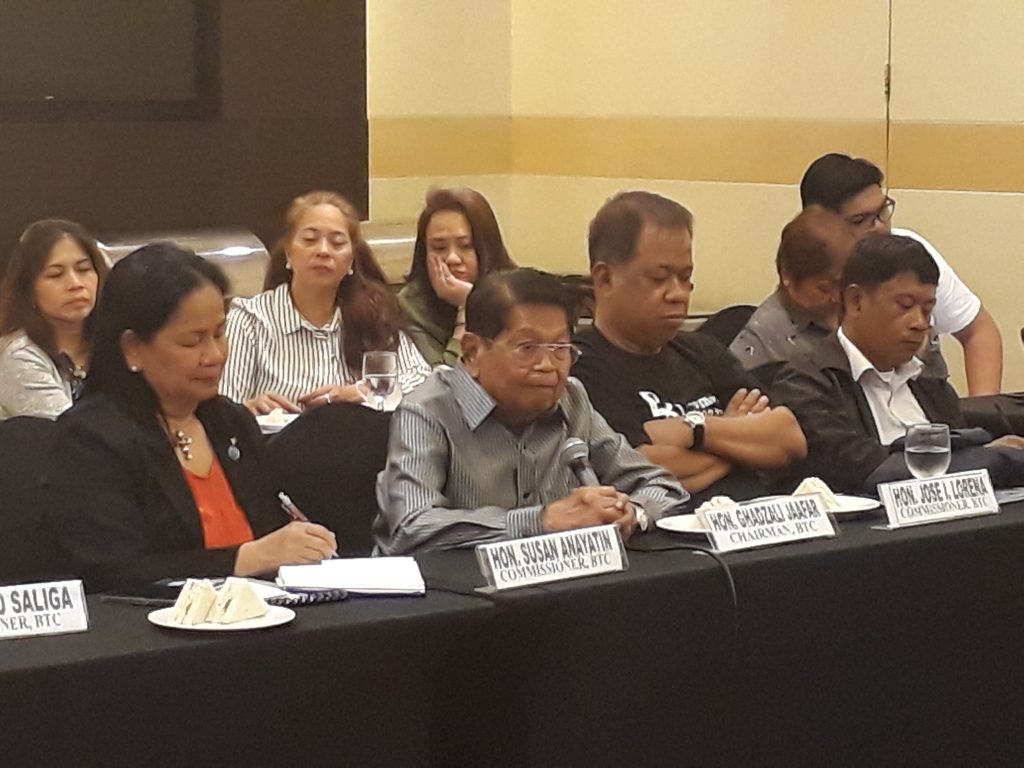
According to BTC Commissioner Jose Lorena, “legislation can’t dictate your identity,” as he asked Mindanao’s Lumads to view the BBL on a positive note and consider it as a “social justice document.”
The results of the MIPLA workshops have already been consolidated into a document and submitted to the office of Rep. Catamco, which has started public consultations on the BBL.
Rep. Jose Panganiban Jr, senior vice chairperson of the Committee on Indigenous Cultural Communities and Indigenous Peoples, stressed the need “to lean on the principle of peaceful co-existence.”
“At the end of the day, what is important is that the lives of the people have improved,” Panganiban said.
Expectations are high that with this development, the concerns raised by Mindanao’s indigenous peoples on the BBL will be finally addressed, particularly on the sensitive issue of ancestral domain.
What started out as a dream is now turning into reality.
And it all began with a conversation. ###


